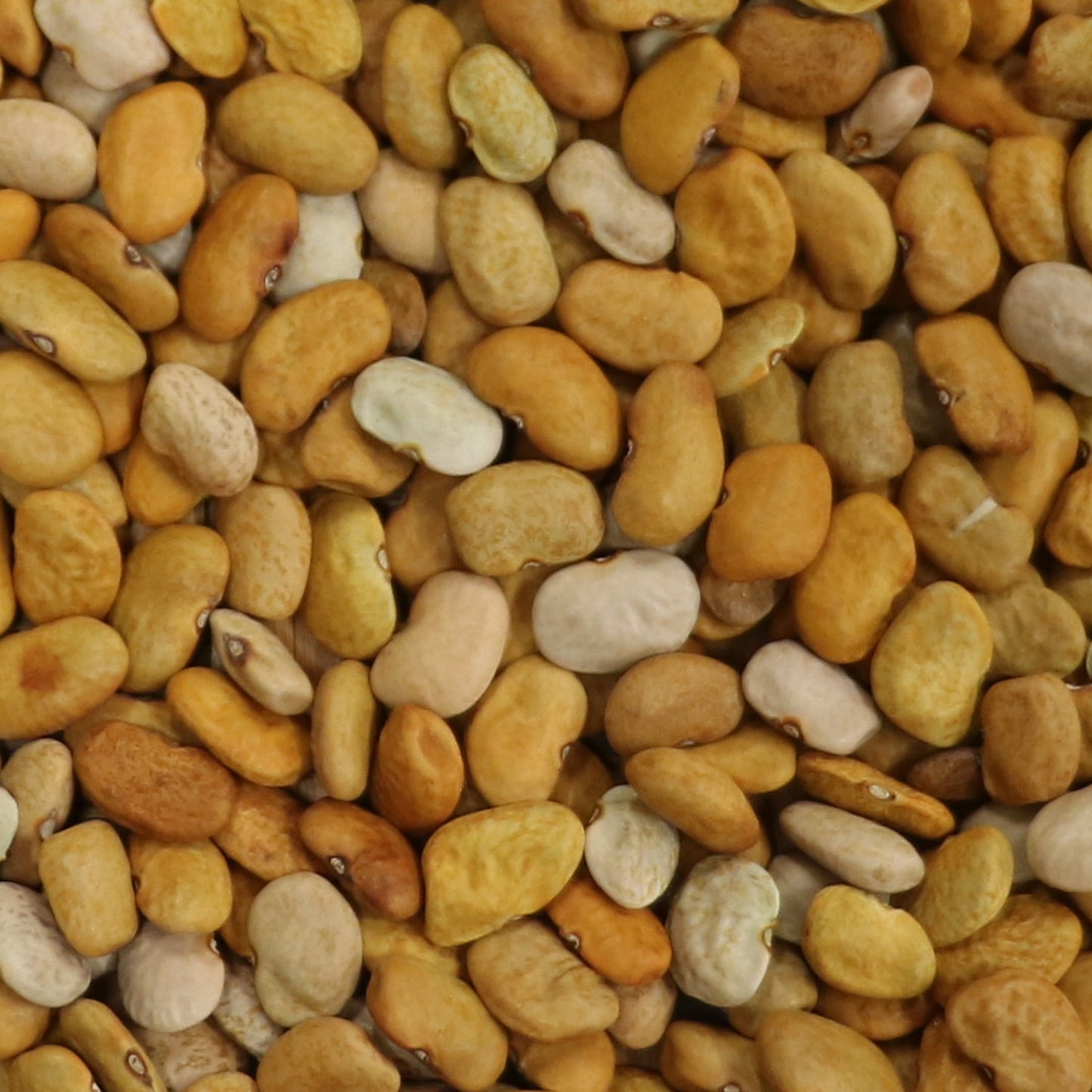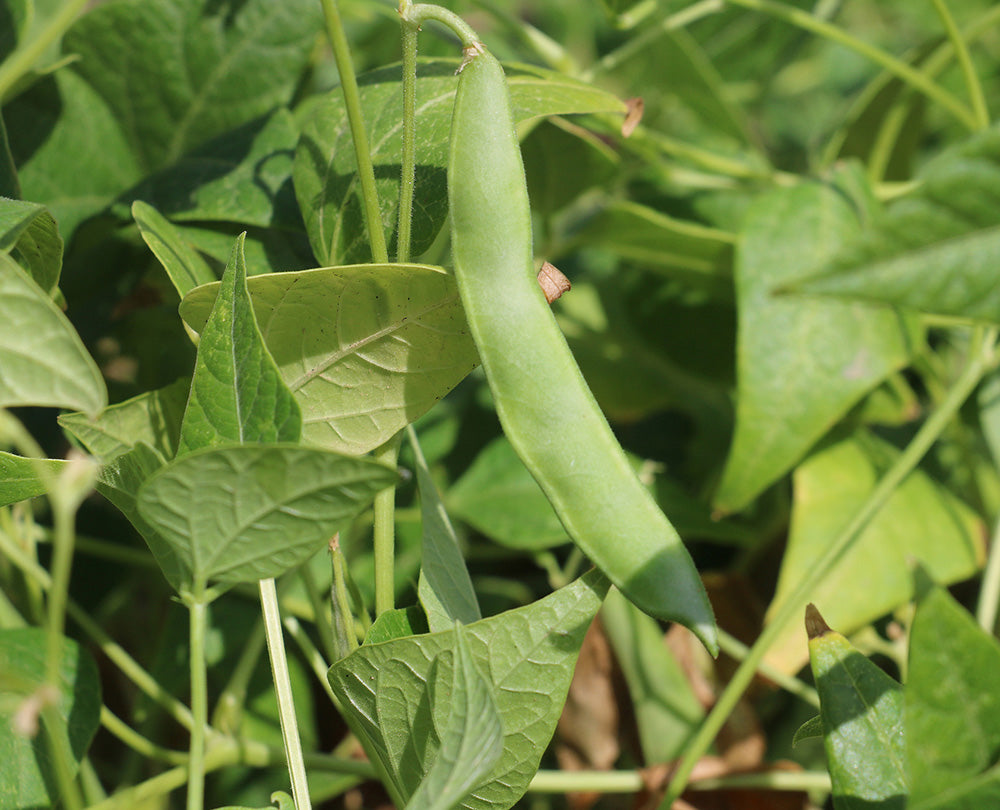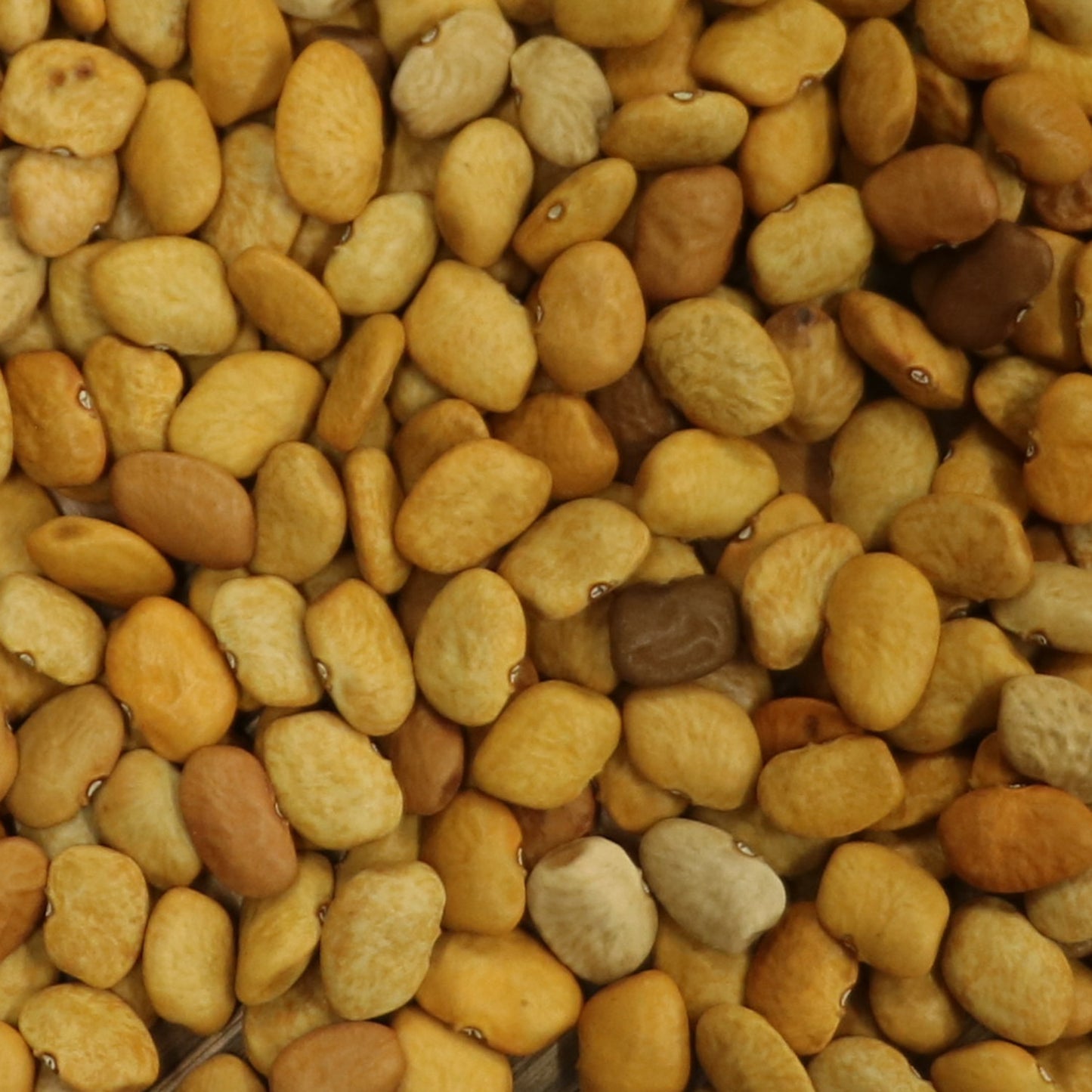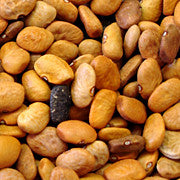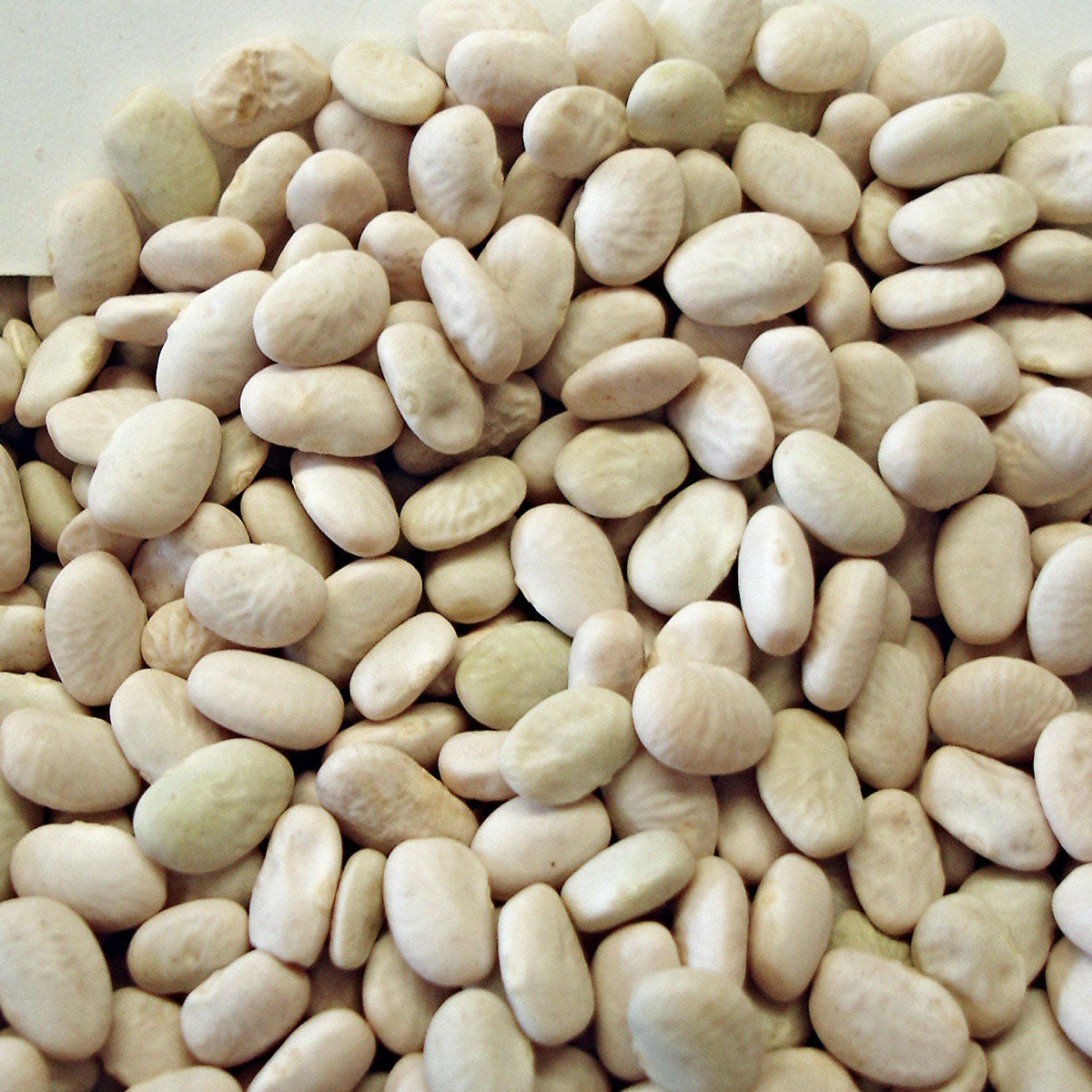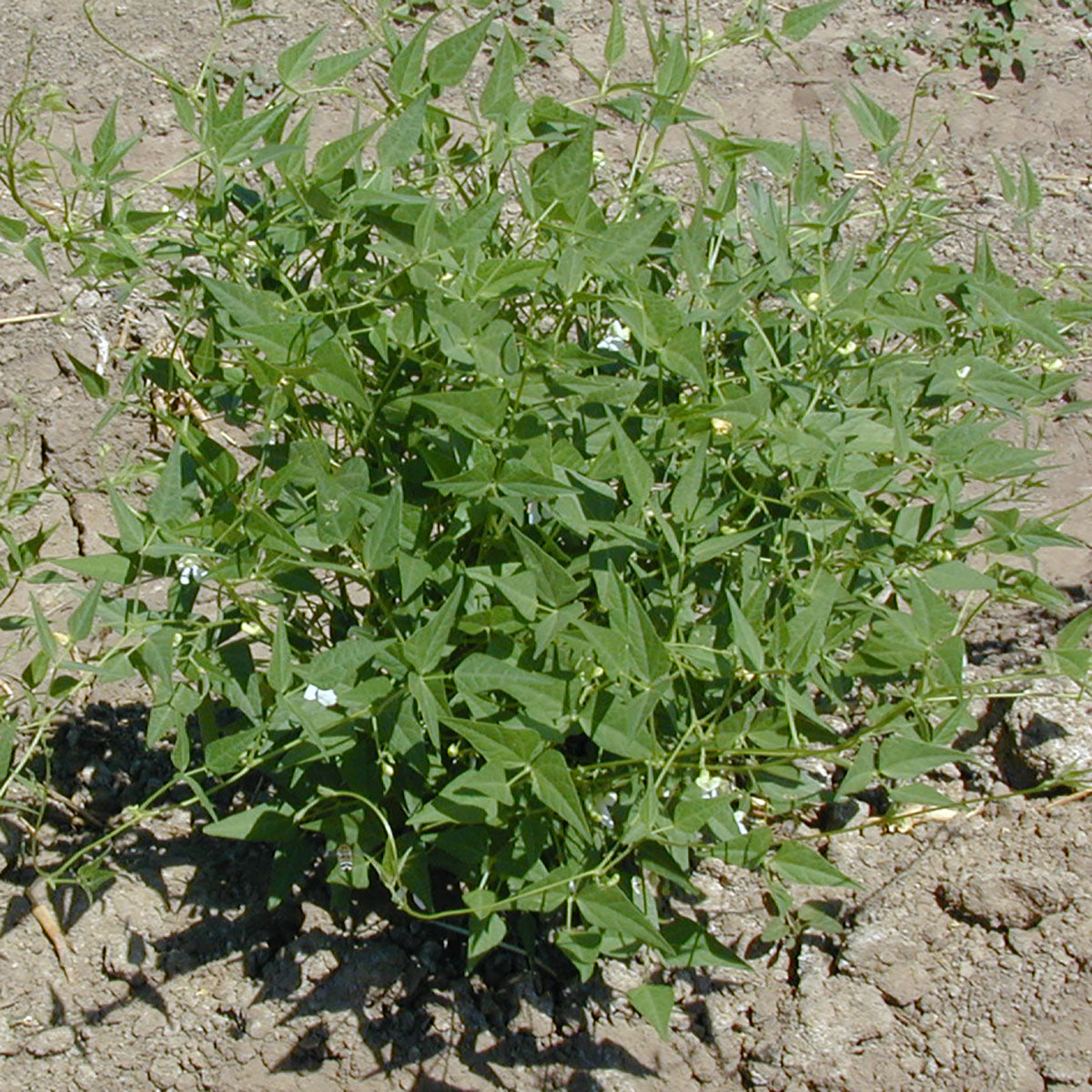This store requires javascript to be enabled for some features to work correctly.
-
BUY SEEDS
- Popular Warm Season Varieties
- Popular Cool Season Varieties
- Gift Card
- Garden and Seed Saving Supplies
- 2026 Seedlisting
- Monsoon Collection
- Amaranth
- Arugula
- Beans
- Beets
- Broccoli
- Brussels Sprouts
- Cabbage
- Carrots
- Chiles/Peppers
- Chiltepines (Wild Chiles)
- Corn
- Cotton
- Cowpeas/Black-Eyed Peas
- Cucumbers
- Devil's Claw
- Eggplant
- Gourds
- Greens - Cool Season
- Greens - Warm Season
- Herbs
- Kale
- Lettuce
- Luffa
- Melons
- Mustards
- Okra
- Onions and Garlic
- Panic Grass
- Parsnips
- Peas
- Radishes
- Sesame
- Sorghum
- Squash
- Sunflowers
- Swiss Chard
- Tobacco
- Tomatillos
- Tomatoes
- Turnips
- Watermelons
- Wheat
- Wildflowers
- Crop Wild Relatives
-
GIFT SHOP
- Digital Gift Card
-
BUY SEEDS
- Popular Warm Season Varieties
- Popular Cool Season Varieties
- Gift Card
- Garden and Seed Saving Supplies
- 2026 Seedlisting
- Monsoon Collection
- Amaranth
- Arugula
- Beans
- Beets
- Broccoli
- Brussels Sprouts
- Cabbage
- Carrots
- Chiles/Peppers
- Chiltepines (Wild Chiles)
- Corn
- Cotton
- Cowpeas/Black-Eyed Peas
- Cucumbers
- Devil's Claw
- Eggplant
- Gourds
- Greens - Cool Season
- Greens - Warm Season
- Herbs
- Kale
- Lettuce
- Luffa
- Melons
- Mustards
- Okra
- Onions and Garlic
- Panic Grass
- Parsnips
- Peas
- Radishes
- Sesame
- Sorghum
- Squash
- Sunflowers
- Swiss Chard
- Tobacco
- Tomatillos
- Tomatoes
- Turnips
- Watermelons
- Wheat
- Wildflowers
- Crop Wild Relatives
-
GIFT SHOP
- Digital Gift Card
-
BUY SEEDS
- Popular Warm Season Varieties
- Popular Cool Season Varieties
- Gift Card
- Garden and Seed Saving Supplies
- 2026 Seedlisting
- Monsoon Collection
- Amaranth
- Arugula
- Beans
- Beets
- Broccoli
- Brussels Sprouts
- Cabbage
- Carrots
- Chiles/Peppers
- Chiltepines (Wild Chiles)
- Corn
- Cotton
- Cowpeas/Black-Eyed Peas
- Cucumbers
- Devil's Claw
- Eggplant
- Gourds
- Greens - Cool Season
- Greens - Warm Season
- Herbs
- Kale
- Lettuce
- Luffa
- Melons
- Mustards
- Okra
- Onions and Garlic
- Panic Grass
- Parsnips
- Peas
- Radishes
- Sesame
- Sorghum
- Squash
- Sunflowers
- Swiss Chard
- Tobacco
- Tomatillos
- Tomatoes
- Turnips
- Watermelons
- Wheat
- Wildflowers
- Crop Wild Relatives
-
GIFT SHOP
- Digital Gift Card
Indigenous Seeds > Bean: Tepary
First grown in the Southwest during ancient times, tepary beans (Phaseolus acutifolius) mature quickly and are tolerant of the low desert heat, drought and alkaline soils. They are among the most drought and heat tolerant crops in the world. Tepary beans are high in protein and contain soluble fiber helpful in controlling cholesterol and diabetes. Generally white tepary beans have a slightly sweet flavor and brown tepary beans have an earthy flavor. Tepary beans can be used in place of any common dried bean. Soak the dried beans before cooking. They are best planted with the mid-summer monsoon rains characteristic of the Southwest, unless otherwise stated. They generally do not tolerate wet conditions and clay soils. Teparies are most productive with some drought stress as they mature. They generally do not require support, though many will climb if given the chance. Approx. 7g/50 seeds per packet unless otherwise stated.

